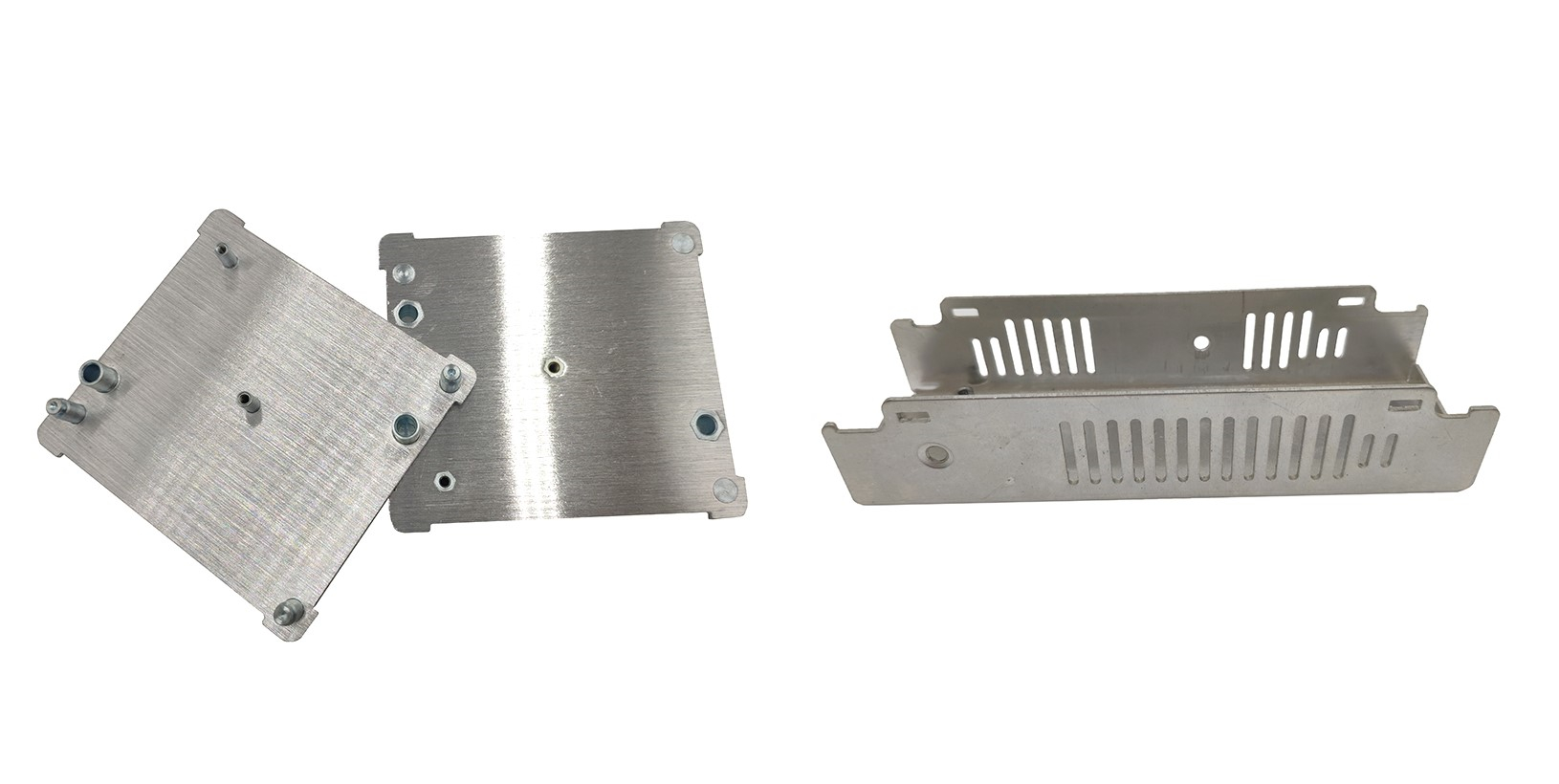Progressive die stamping
Progressive die presses use vertical motion when processing slit coil metal. The bending and cutting operations are performed simultaneously in the mold to complete at least one part in each stroke of the machine. The coiled material is fed through a mold and processed step by step. Depending on the complexity of the part, progressive die dies can be as few as one step or as many as 40 steps. Because the nature of the process requires the material to be pushed to the next station during each stroke of the tool, the progressive die must first guide the material in order to position the material within the die before cutting and forming. The need for pilot holes in progressive material strips sometimes results in excessive scrap or waste in the process. stamping part
However, the installation time of the progressive die is reduced by 38% compared to a four-slide die or a multi-slide die. This allows manufacturers to produce smaller batches and more flexibility in production plans, producing only the products they need when they are needed. The principle pioneered by the legendary Japanese manufacturing engineer Shigeo Shingo: SMED (single-minute die change) can be applied to progressive die presses, which is Keats' standard practice. Progressive dies can also produce multiple parts per stroke, making them ideal for mass production:
pier
brackets
Lead frame
Bus
Shield
Four-slider / multi-slider stamping
As the name implies, the four-slide metal stamping machine has four movable skateboards. In contrast, a multi-slide die press may have more than four moving slip dies. Four-slide or multi-slide metal stampings work at right angles horizontally, and the slides (rams) in the machine impact the coil material to produce the finished product. metal stamping
Servo motors or mechanically driven cams acting on the slider can produce complex elbows and shapes. With this type of machine, threads, screw insertion, riveting, and other value-added assembly operations can be added. bending part
Compared to progressive die stamping, four-slider and multi-slider stamping reduces waste by an average of 31%. This is achieved by eliminating the need for a guide hole and replacing the guide operation with a slotted blank holder, which allows the part to change from punching to forming without the need for a guide. Keats can also purchase raw materials based on the exact width of the part and eliminate trimming. Since four-slider production allows the use of an unlimited number of planes and axes, it can produce up to 375 parts per minute, making it ideal for mass production of highly complex parts such as:
Short film
clamp
Fastener
bushing
jaw
Yoke
Anebon Metal Products Limited can provide CNC machining, die casting, sheet metal machining services, please feel free to contact us.
Tel: +86-769-89802722 Email: info@anebon.com Website : www.anebon.com
Post time: Jan-15-2020

